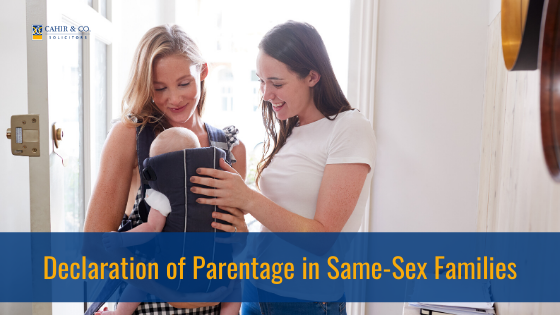If there is one market which gets back soon than its crash, then that’s Real Estate. Whether one is looking at a Villas for sale in Hua Hin Thailand to plan their retirement or is planning to sell their house, it has been established that the internet plays a vital role. If you are renting a property from a person, there are certain questions which you must keep in mind to ask before finalising on the deal.
Now as a Landlord or Tenant, it’s vital to know your rights concerning residential letting legislation. We suggest you seek professional advice on areas such as drafting and negotiating of Letting Agreements, Landlord and Tenant disputes, the Residential Tenancies Act 2004 and the Private Residential Tenancies Board.
The introduction of the Residential Tenancies Act 2004 has altered residential letting for both Landlords and Tenants. Both Landlords and Tenants have rights and obligations under the Act. If the Tenancy is registered in the Private Residential Tenancies Board (PRTB), then both parties have recourse for disputes through this body. However, if the Tenancy is not registered, then the Tenant only can appeal to this body, so it is essential for Landlords to register to protect themselves.
It is crucial from both the Landlord and the Tenant’s perspective that a formal tenancy agreement is in place. Residential Letting agreements provide clarity between the parties on a whole range of issues, while also protecting the interests of both parties. We can advise both Landlord and tenants of their rights and obligations under the current residential tenancy legislation.
It is essential since the introduction of the Residential Tenancies Act 2004 that Landlords register the Tenancy with the Private Residential Tenancies Board (PRTB) and provide tenants with rent books. A rent book is a document that details the Tenancy and shows all rent payments made on the property.
Termination of a Residential Letting
For the first six months of the Lease, a Landlord will be free to terminate it without giving a reason. After the first six months, the Tenants will be entitled to rent the property for four years. This period is known as a “Part 4 Tenancy” under the Residential Tenancies Act, 2004 (“The Act”).
Each subsequent “Part 4 Tenancy” is called a “further Part 4 Tenancy” and exists after four years unless the Landlord serves a valid termination notice.
The terms of each successive Part 4 tenancy remain the same as the first unless varied by agreement between the Landlord and Tenant.
A Landlord can terminate a lease that has lasted more than six months for one of the following reasons:
• Your tenants have failed to comply with the obligations of your Lease.
• You intend to sell your rental property within the next three months.
• The property is no longer fit for purpose.
• You require the property for yourself or a family member.
• Vacant possession is required for substantial refurbishment of the property.
• You intend to change the use of the property (for example you may decide to use the property as bed and breakfast).
It is essential to be aware that Tenants are free to terminate the Tenancy, but they must give the correct notice period in writing.
For more information or advice on Residential Letting, contact the team for an appointment.






